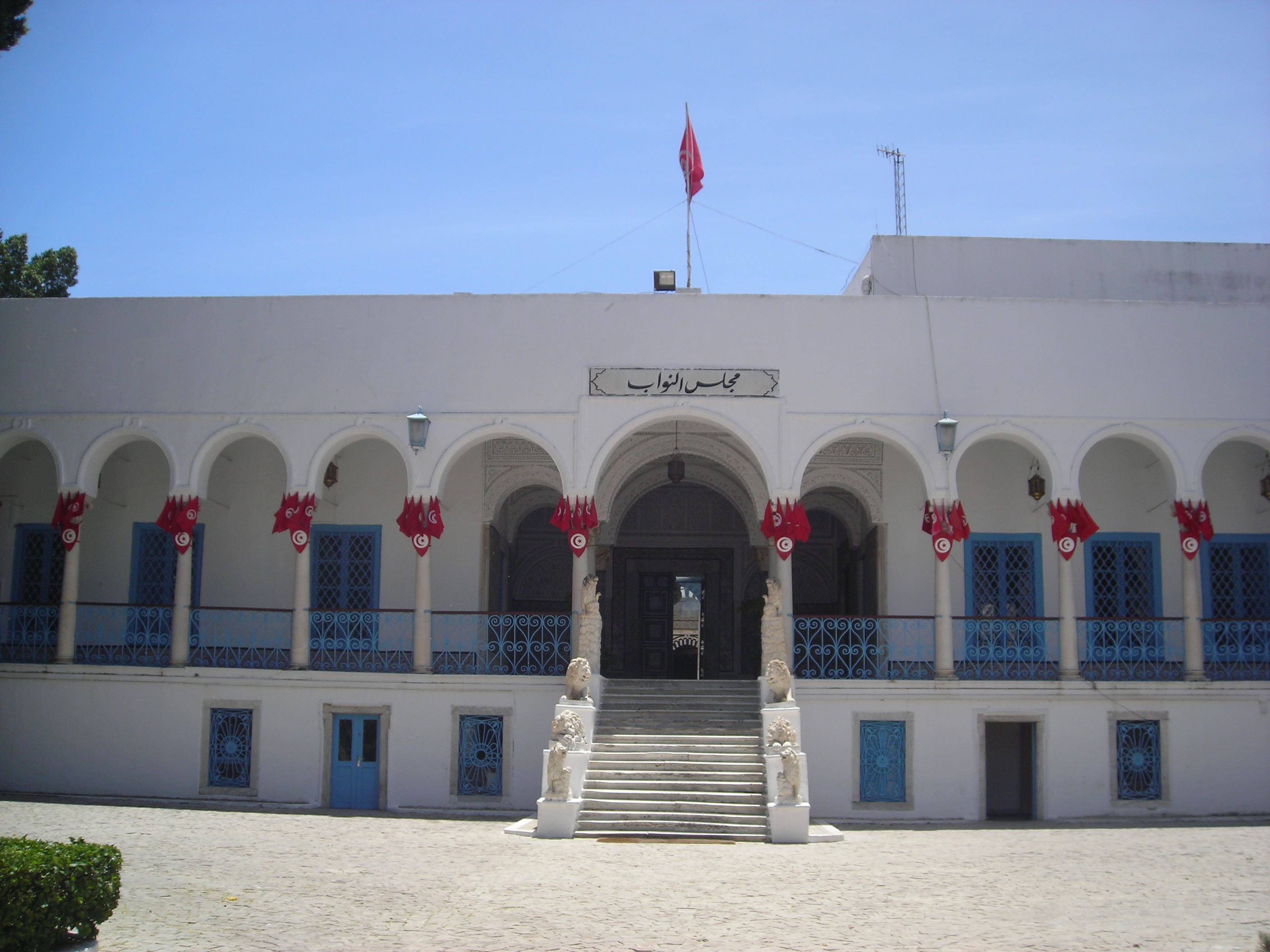UN Experts Raise Alarm Over Rising Repression of Lawyers in Tunisia
“The measures taken directly interfere with the independence of the legal profession, undermining the ability of lawyers to represent their clients,” the experts stated.

- Country:
- Tunisia
United Nations human rights experts have voiced grave concerns over the increasing targeting and criminalization of legal professionals in Tunisia. In a strongly worded statement issued this week, the experts highlighted a “serious deterioration” in the treatment of lawyers over the past year, warning that the escalating repression threatens the fundamental principles of justice and the rule of law in the North African nation.
Pattern of Intimidation and Arrests
The UN experts, who monitor human rights violations and judicial independence, pointed to a disturbing pattern of intimidation, arrest, and prosecution of lawyers—many of whom have spoken out against the government or defended opposition figures in politically sensitive trials.
They cited the April 2025 arrest of Ahmed Souab, a well-known legal scholar and lawyer, as emblematic of this trend. Souab was detained after publicly criticizing the trial of several opposition leaders accused of “conspiring against State security.” He had represented some of the defendants, many of whom received harsh prison sentences.
Another high-profile case involves Sonia Dahmani, a prominent lawyer and outspoken critic of the government. In May 2024, Dahmani was reportedly violently apprehended at the headquarters of the Tunisian Bar Association by masked men in what many viewed as an extrajudicial operation. Authorities have since brought five criminal cases against her under Decree-Law 2022-54, Tunisia’s contentious cybercrime law. In January 2025, she was sentenced to 18 months in prison for comments made during a televised program. In June, she received an additional two-year sentence, raising further concerns among international observers.
Broader Crackdown on Legal Professionals
The statement from the UN experts also condemned the targeting of other Tunisian lawyers who have faced criminal charges or lengthy prison terms solely for fulfilling their professional duties or exercising their right to free speech. Those named include:
-
Dalila Msaddak
-
Islem Hamza
-
Ayachi Hamami
-
Ghazi Chaouachi
-
Mehdi Zagrouba
-
Lazhar Akremi
These individuals, the experts said, have been subjected to criminal investigations, legal harassment, and in some cases, convictions, merely for defending clients or voicing dissenting opinions.
“The measures taken directly interfere with the independence of the legal profession, undermining the ability of lawyers to represent their clients,” the experts stated. “They appear designed to ensure critics of the Executive are silenced.”
Undermining the Right to a Fair Trial
The experts warned that such actions compromise the integrity and fairness of Tunisia’s legal system. They argued that by targeting lawyers, the government risks violating the rights of defendants to fair representation, due process, and a fair trial—rights that are cornerstones of both Tunisian law and international human rights treaties to which Tunisia is a party.
“The free exercise of the legal profession contributes to ensuring access to justice, oversight of State power, and the protection of fair trial rights,” the experts emphasized.
They further noted that international standards—such as the UN Basic Principles on the Role of Lawyers—require that legal professionals must be able to perform their duties without fear of persecution, harassment, or undue interference.
“Lawyers, like all human beings, are entitled to freedom of expression and opinion,” the statement concluded. “We call on Tunisia to comply with international standards and ensure lawyers are not penalized for actions taken in line with their professional responsibilities.”
International Scrutiny Intensifies
The UN experts have confirmed that they have reached out to the Government of Tunisia to raise their concerns directly. The situation has drawn condemnation from international bar associations, human rights groups, and foreign governments, who view the crackdown as part of a broader erosion of democratic norms in the country.
Since the consolidation of power by President Kais Saied in 2021—following his controversial suspension of Parliament and dissolution of key democratic institutions—Tunisia has experienced a marked regression in civil liberties, press freedom, and judicial independence. Critics argue that the repression of lawyers is the latest step in a campaign to dismantle dissent and centralize authority.
As international pressure mounts, observers say the Tunisian government faces growing calls to reverse course and restore the rule of law. For many in the legal community, the fate of Tunisia’s democracy hangs in the balance.










